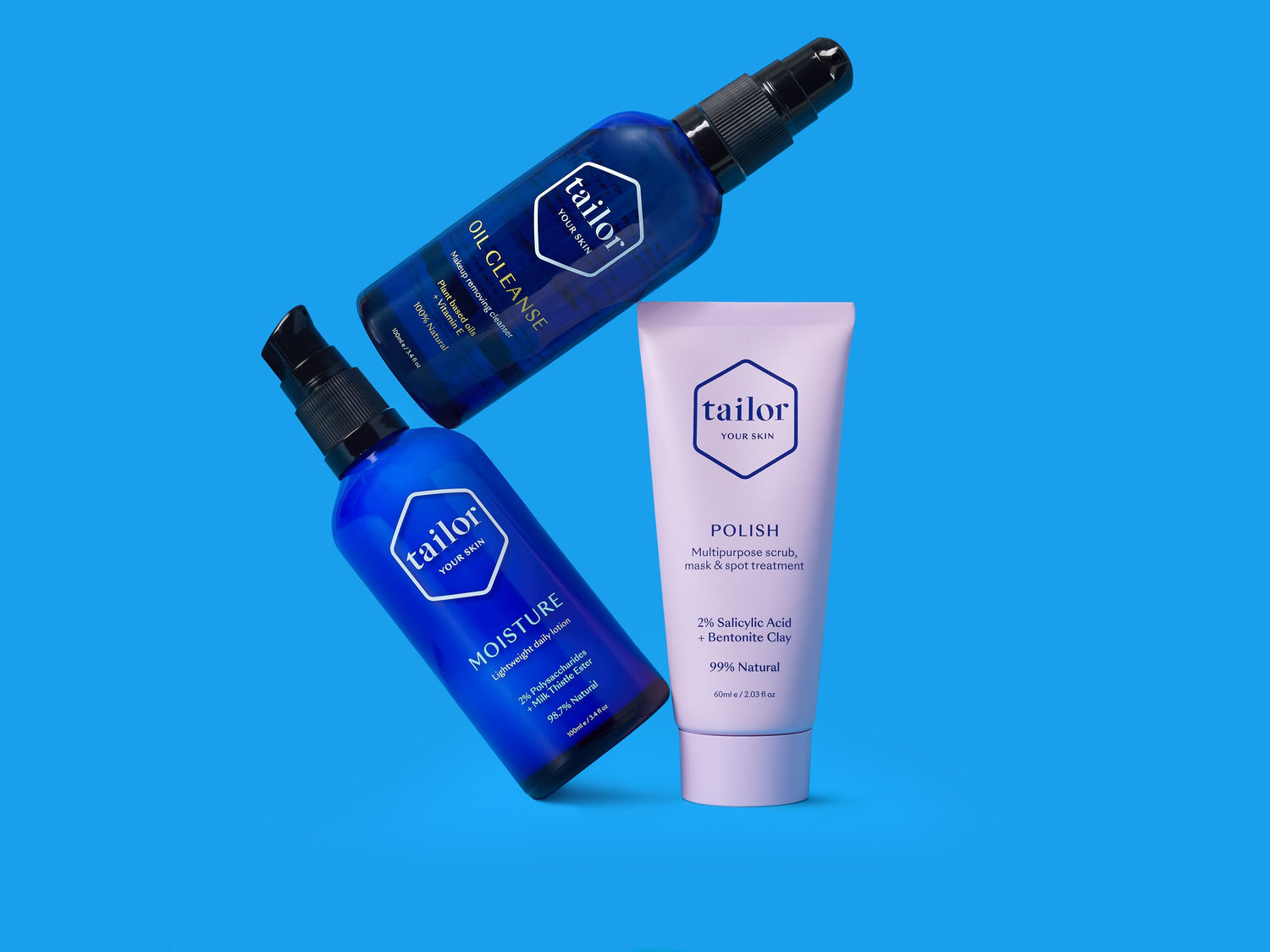By now, you would have heard about probiotics; from your doctor, your friends or your favourite influencer. As with any new buzz ingredient, you've probably got a few questions, like why would I want to add bacteria to my skin? How does it work.
We’ve sifted through all the information out there to let you know the top 5 things you need to know about probiotic skincare. Take a deep dive below to find out why you need probiotics in your skincare routine, stat!
How probiotics benefit your skin
Your body houses trillions of microorganisms, and your face is no exception. Over 1,000 different bacteria have made their home on your face, and they work pretty hard to keep your skin in tip-top condition. These microbes keep your skin healthy by balancing pH levels, enhancing your skin's barrier and keeping bad bacteria at bay.
Harsh cleansers and scrubs, chemical exfoliants and antibacterial soaps can strip your skin of its good bacteria, throwing your skin’s natural bacterial balance out of whack. This can lead to a mass of unwanted skin conditions, like breakouts, eczema, rosacea and inflammation (which can cause premature ageing of your skin).

Probiotic skincare can fight hormonal acne breakouts
Too many of us know the battle to keep breakouts at bay. Often you think you’re helping your skin when you’re actually not, like overzealous cleansing which strips the skin of probiotics and healthy oils needed for protection.
The same goes for ingesting antibiotics to fight acne. While this was once seen as the go-to option for getting rid of the bad bacteria that causes acne (which is necessary), we’re now understanding the full effect on your skin. Antibiotics do a great job of getting rid of acne-causing bacteria, but it also gets rid of all the good bacteria your skin needs to be healthy.
“Instead of killing all bacteria, including the beneficial ones, we should focus on shifting the balance toward a healthy microbiota by targeting harmful bacteria or enriching beneficial bacteria,” says Dr. Emma Barnard, a researcher in the Department of Molecular and Medical Pharmacology at UCLA.
Basically, it’s looking like it’s a better idea to top up the probiotics in your skin, so they can fight the bad bacteria and restore the microbial balance, rather than trying to get rid of bacteria all together.
Tailor Renew contains a vegan probiotic, lactococcus ferment lysate (we’ll call it LFL from here on). Research shows that LFL stimulates the production of antimicrobial peptides, which are key for fighting the bacteria you want to avoid.
To help fight breakouts and clear them faster, try adding Renew to your routine morning and night.
Probiotics can protect your skin against sensitivities, dryness and eczema
When your natural bacterial balance is thrown out, your skin’s barrier is compromised. When this happens, your skin struggles to protect itself, leading to unwanted skin conditions like eczema, dryness and sensitivities.
Good news - probiotics stimulate cell renewal, to help rebuild and strengthen your skin’s barrier. Sensitive skin can take longer to heal, so adding probiotics into your routine is key. Probiotics also help reduce inflammation in your skin, so your skin is less reactive and more resilient.
The probiotic used in Renew, LFL, has been shown to increase the speed and quality of epidermal (outer layer of your skin) growth, for improved barrier function. This means your skin can more effectively keep the bad stuff out, while retaining it’s goodness like moisture.
A study conducted with a formula containing 3% lactococcus ferment lysate showed using it twice a day results in a thicker epidermis and less trans-epidermal water loss This is why we use 3% lactococcus in Renew, our probiotic serum.
To learn more about dry, dehydrated skin, visit our blog.

Probiotic serums can reduce signs of ageing
A lack of hydration and moisture in your skin is one of the main culprits of ageing. Boosting your skin’s barrier function to decrease moisture loss is key for keeping your skin looking (and feeling!) younger. Paired with a hydrating serum like Hydrate, your skin will be hydrated and plump in no time!
Your stronger barrier is also going to better protect your skin against free radical damage, another major cause of ageing. Probiotics can help your skin boost its natural defence against this damage, while calming the immune response.

Why is protecting your skin against free radical damage so important?
Free radicals cause deterioration of your skin’s structural support system, decreasing the suppleness and elasticity of collagen fibres, which leads to wrinkles and premature ageing well before your time.
The other major heavyweight active to fight this damage is antioxidants. In Renew, we’ve paired our probiotic with grape seed extract, a powerful antioxidant that effectively binds to free radicals, and halts their damage. For an extra antioxidant boost, use a vitamin C treatment with it, like Tailor Gold Dust.

Other ways to boost and protect healthy skin bacteria
We always believe in taking a holistic approach to skincare - it doesn’t hurt to cover your bases! In addition to adding probiotic-rich skincare in your routine, here are our top 3 picks for boosting and protecting your healthy bacteria.
- Avoid harsh cleansers and over exfoliating. Cleansers can affect your pH balance, which can cause microbial unbalance. To avoid this, try using an oil cleanser which has zero effect on your pH balance. If you opt for a gentle cream or gel cleanser, make sure to follow up with a toner to restore your pH balance. Keep your exfoliating with scrubs such as Polish to every second day, or less.
- Up your fibre intake. Fibre-rich foods are rich in prebiotics, which are key for letting your natural probiotics flourish. They also boast a variety of other health benefits, like improving immune function, lowering your cholesterol and keeping you fuller for longer. Try adding oats, barley, asparagus and leeks into your diet.
- Look after your gut health. Your gut is responsible for absorbing nutrients, housing both helpful and harmful bacteria and excreting waste. Making improvements to the digestive system has been scientifically shown to improve skin health, immune function, mood, and energy levels. Try adding fermented foods into your diet, like kombucha, miso, kefir, yogurt and sauerkraut.
References:
https://incidecoder.com/ingredients/lactococcus-ferment-lysate
https://onlinelibrary.wiley.com/doi/10.1111/exd.14032
https://pubmed.ncbi.nlm.nih.gov/24364369/
https://pubmed.ncbi.nlm.nih.gov/31049923/
https://jddonline.com/articles/dermatology/S1545961616P0009X
https://www.ncbi.nlm.nih.gov/pmc/articles/PMC5418745/#s0015title

